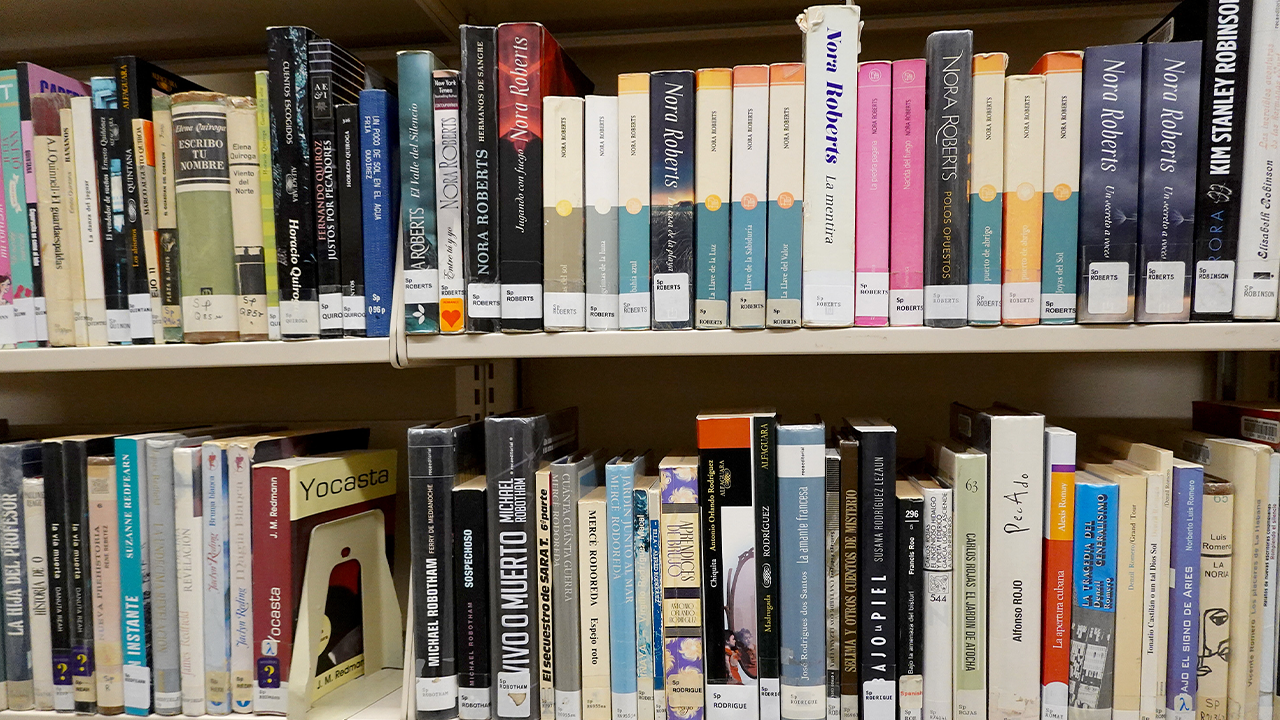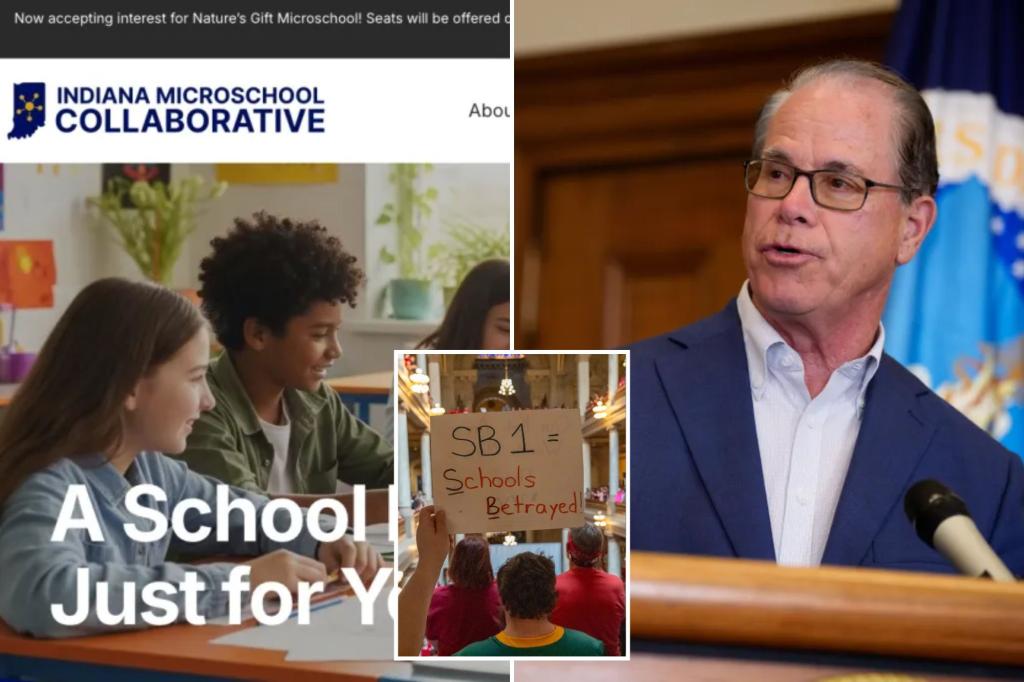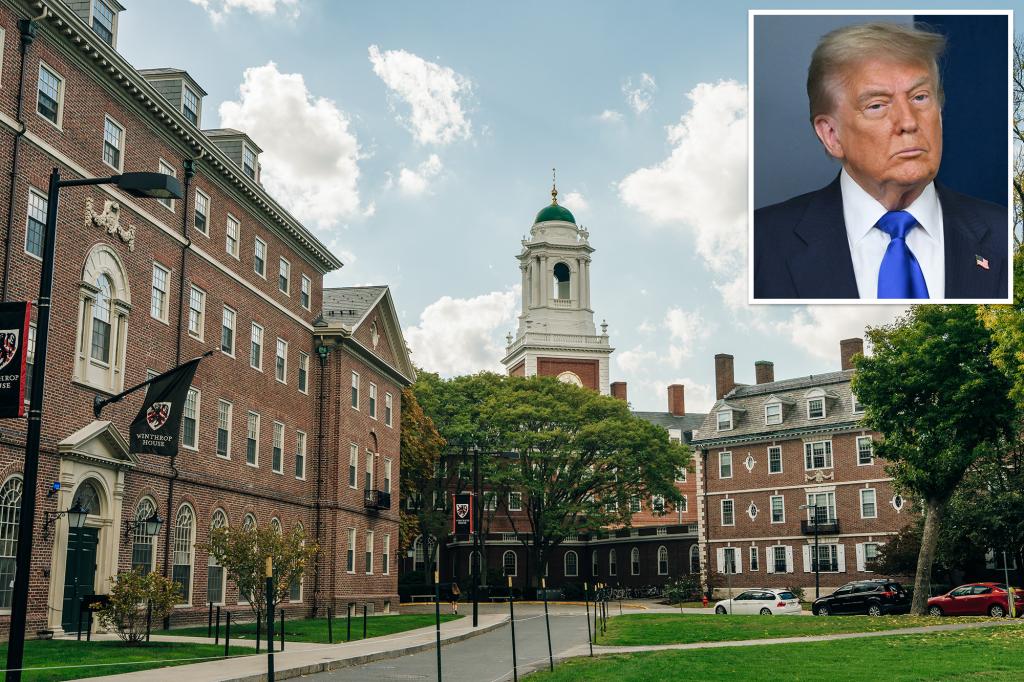Trump Administration’s Education Department Dismisses Controversial Book Ban Complaints
In a decisive move that has sparked widespread debate, the Trump Administration’s Department of Education has officially dismissed complaints alleging that certain books were being banned from educational institutions. Labeling these claims as ‘meritless,’ the department’s stance raises significant questions about freedom of expression, the role of educational institutions, and how controversial literature is handled within academic settings. This article dives deep into the implications of this decision, exploring various perspectives and the broader context surrounding book bans.
The Context of the Complaints
In recent years, discussions about the appropriateness of certain literature in schools have intensified. Books that tackle complex themes such as race, gender identity, and social justice have often come under scrutiny, leading to accusations of censorship. Critics argue that banning or restricting access to specific books undermines the educational mission of schools and stifles critical thinking. The complaints received by the Department of Education primarily focused on allegations that specific titles were being systematically removed from school libraries or curricula.
Supporters of the complaints contended that these actions represented a troubling trend toward censorship, particularly in an era where educational content is increasingly scrutinized through political and social lenses. They argued that access to diverse perspectives is crucial for fostering informed, well-rounded students.
The Department of Education’s Response
In response to these complaints, the Trump Administration’s Education Department issued a statement asserting that they found the claims to lack merit. They emphasized that educational institutions have the autonomy to curate their library collections and curricula, which includes making decisions about which books to include or exclude. The department’s dismissal raises several important points regarding the balance between educational freedom and censorship.
The Importance of Freedom of Expression
Freedom of expression is a cornerstone of democratic society, and the role of educational institutions is to promote robust dialogue and critical inquiry. When schools restrict access to certain books, they may inadvertently limit students’ exposure to diverse ideas and viewpoints. Advocates for freedom of expression argue that literature can serve as a powerful tool for students to engage with complex social issues, allowing them to form their own opinions and develop critical thinking skills.
Moreover, the educational environment should reflect the diversity of society. Exposing students to various narratives, including those that challenge the status quo, enriches their learning experiences. The dismissal of the book ban complaints by the Department of Education raises concerns about whether educational institutions are adequately fostering this diversity of thought.
The Role of Educational Institutions
Educational institutions are tasked with not only imparting knowledge but also preparing students for their roles as informed citizens. This responsibility includes teaching students how to engage with controversial topics respectfully and thoughtfully. When books are banned or restricted, it can send a message that certain ideas are not worth exploring, which may discourage students from questioning and analyzing the world around them.
In this context, it is essential for educators to strike a balance between protecting students from potentially harmful content and providing access to literature that promotes critical discussions. Open dialogue about controversial literature can help students navigate complex moral and ethical dilemmas, ultimately contributing to their development as thoughtful individuals.
Perspectives on Book Bans
The debate over book bans is inherently multifaceted, with passionate arguments on both sides. Here are some key perspectives:
- Proponents of Book Bans: Some argue that certain books contain inappropriate content that can be harmful to young readers. They believe that parents and educators should have the authority to decide what is suitable for children, particularly when it comes to sensitive topics.
- Opponents of Book Bans: On the other hand, many believe that restricting access to certain books can lead to a homogenized curriculum that fails to reflect the diversity of student experiences. They argue that students should be exposed to a wide range of ideas, even those that are uncomfortable.
- Moderate Voices: Some educators advocate for a middle ground, suggesting that instead of outright bans, schools should implement guided discussions around controversial texts. This approach allows for critical engagement while still recognizing the concerns of parents and community members.
The Impact of the Decision
The Trump Administration’s dismissal of the book ban complaints is likely to have significant implications for educational policy moving forward. It may embolden school districts to continue curating their collections without fear of federal intervention, but it could also intensify the scrutiny on the types of literature being included in classrooms.
For advocates of freedom of expression, this decision serves as a reminder of the importance of vigilance in protecting students’ access to diverse narratives. It underscores the need for ongoing dialogue about the role of literature in education and the impact of censorship on learning.
Looking Ahead
As the educational landscape continues to evolve, the tension between censorship and freedom of expression will likely remain a prominent issue. The dismissal of the book ban complaints by the Trump Administration’s Department of Education highlights the complexities of this debate, emphasizing the need for open dialogue and critical engagement with literature in our schools.
It is crucial for educators, parents, and policymakers to collaborate in creating an educational environment that values diverse perspectives while also being mindful of student well-being. Encouraging discussions around controversial literature can foster a generation of students who are not only informed but also capable of navigating the complexities of the world around them.
In conclusion, the Trump Administration’s Education Department’s dismissal of book ban complaints raises vital questions about educational freedom, censorship, and the role of literature in shaping young minds. As society continues to grapple with these issues, it is imperative to advocate for access to diverse narratives that enrich the educational experience and prepare students for the challenges of the future.
See more TED Talks World



